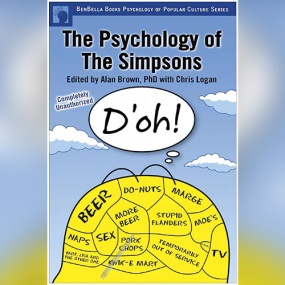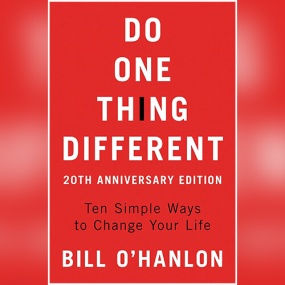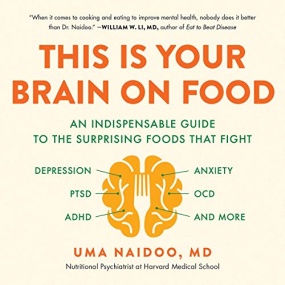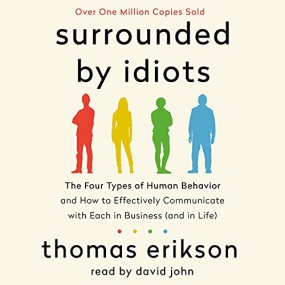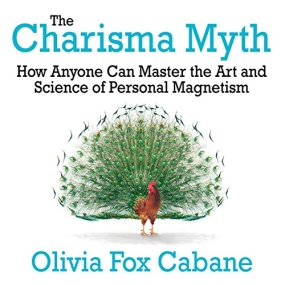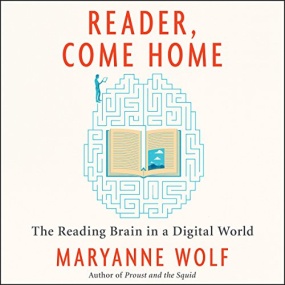
为什么有人会持刀闯进幼儿园砍杀儿童?
为什么有人会为盗取一枚戒指切下别人的手指?
为什么纳粹科学家会在俘虏身上做活体实验?
为什么有人会忽视其他同类的人性?
在哲学、宗教的思路里,人类的残酷行为通常被解释为犯下罪行者的“ 恶 ”,但这不是一个令人满意的回答 。“恶”的概念只是虚晃一枪、将问题暂时搁置,其实并没有给出答案。
本书是一位心理学家、神经科学家对“恶”进行的系统思考,他借助科学家擅长的调查、实验和分析,以“共情腐蚀”取代了“恶”:某个人作恶时,他的共情遭到了腐蚀,共情水平较常人要低很多。但在正常情况下,大多数人的共情水平不会导致极端恶行发生,虽然人们常常会不顾他人的内心感受。
这一替换看似简单,却能帮助我们摆脱价值偏见,给出预防恶行发生的思路。它同时提出了更多需要解决的问题:
“共情腐蚀”是如何发生的?
社会环境会对人的共情水平造成多大的影响…
Borderline personality disorder, autism, narcissism, psychosis, Asperger’s: All of these syndromes have one thing in common–lack of empathy. In some cases, this absence can be dangerous, but in others it can simply mean a different way of seeing the world.
In The Science of Evil Simon Baron-Cohen, an award-winning British researcher who has investigated psychology and autism for decades, develops a new brain-based theory of human cruelty. A true psychologist, however, he examines social and environmental factors that can erode empathy, including neglect and abuse.
Based largely on Baron-Cohen’s own research, The Science of Evil will change the way we understand and treat human cruelty.

下载信息已被隐藏,请在下方输入 验证码 查看隐藏内容
关注微信公众号,回复“验证码”,获取验证码。 在微信里搜索“力哥爱阅读”或扫码关注。
⚠️ 取关用户无法收到验证码或任何消息,无需再次关注 ⚠️

